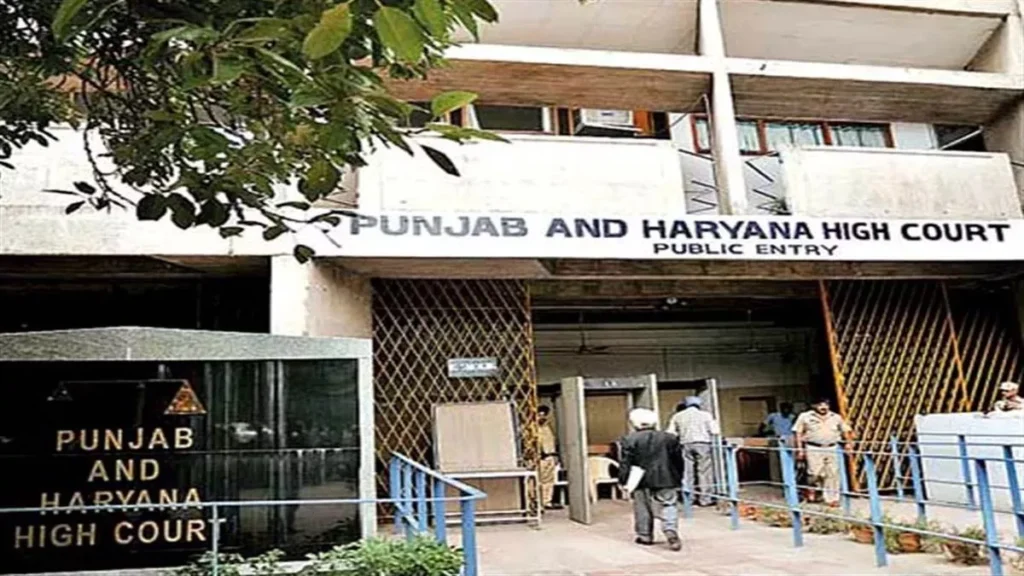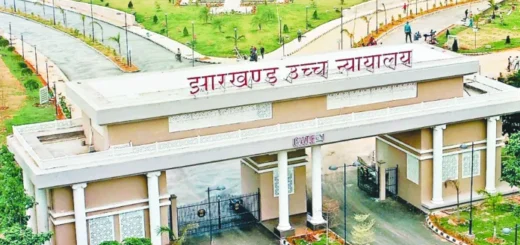The Punjab and Haryana High Court stated that victims cannot claim negligence against railways because their responsibility is based on strict liability.

The Punjab and Haryana High Court has emphasized that the Railway Administration is strictly liable for incidents, meaning they cannot claim that the victim was negligent. The Court accepted an appeal that contested the Railway Claims Tribunal’s earlier decision, which had denied the Appellant’s request for compensation under Section 124A of the Railways Act, 1989. Justice Pankaj Jain stated, “The Railway Administration’s liability is based on the ‘principle of strict liability’. They cannot argue ‘no fault of railways’ or ‘negligence of the victim’.”
Advocate S.R. Chaudhary represented the Appellant, while Advocate Arihant Goyal represented the Respondent. The case details show that the Appellant was traveling from Darbhanga to Jagadhri. Near Jagadhri Railway Station, he fell due to being pushed by other passengers, resulting in a partial amputation of his right foot, an iron rod being implanted in his left arm, and a head injury. The Tribunal dismissed his claim, stating he did not prove he was a legitimate passenger, as he did not provide evidence of a valid train ticket. However, the Appellant later presented a ticket for his journey from Darbhanga to Jagadhri.
The High Court discussed Section 124A of the Act, which addresses compensation for unfortunate events, established by the Railway (Amendment) Act, 28 of 1994. The Bench highlighted that the Supreme Court applied the strict liability principle in the case of Union of India v. Prabhakaran Vijaya Kumar (2008). In that case, the argument that the railways were not at fault was dismissed, stating, “Section 124A establishes strict liability or no fault liability in railway accidents. Therefore, if a case falls under Section 124A, it does not matter who is at fault.” The Court also noted that the Supreme Court clarified the exceptions in the case of Jameela v. Union of India (2010), which defined the term “his own criminal act.”
The Court determined that the injuries the Appellant suffered from falling off the train were classified as an “untoward incident” under Section 123(c)(2) of the Railways Act. The claim did not meet any exceptions listed in the proviso to Section 124A. As a result, the Court ruled that since the accident occurred in 2013, the compensation for the appellant would be according to Part I of the Schedule in the Railway Accident and Untoward Incidents (Compensation) Rules, 1990, before the amendment on January 1, 2017, amounting to Rs.4.00 lacs with interest at 9% per annum from the application date until the payment date. Thus, the High Court approved the Appeal.
Cause Title: Joginder Thakur v. Union of India (Neutral Citation: 2024:PHHC:149107)









